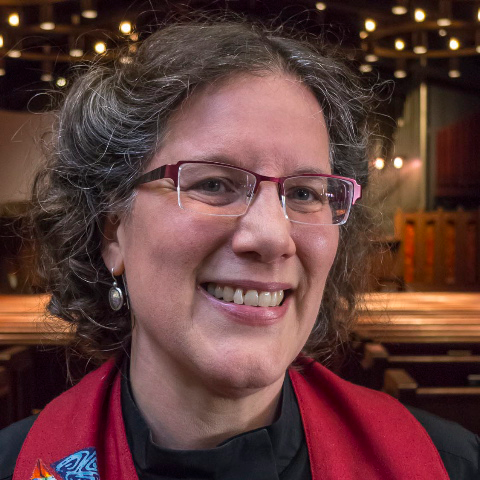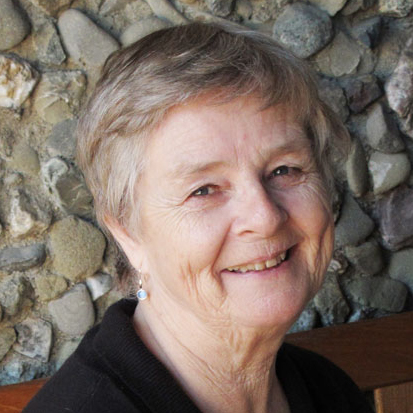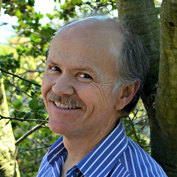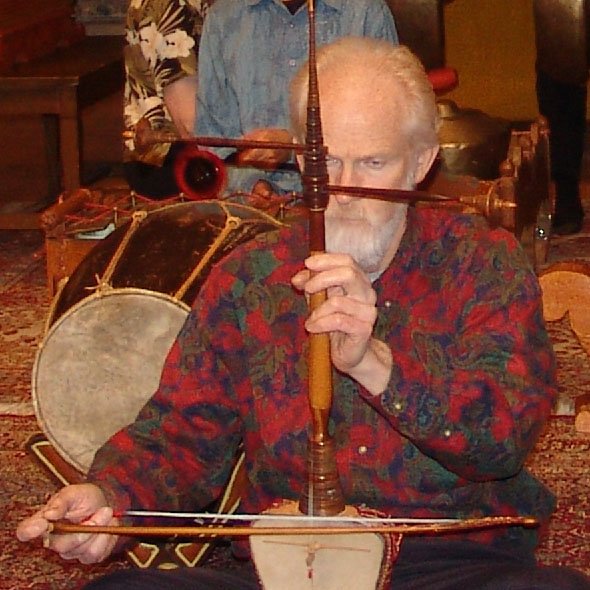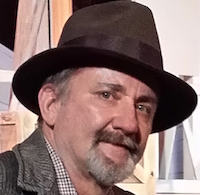{podcast_episode 190}
O Star . . .
O Star . . .
That’s how the poem begins. I’ve been hearing it ring in my head for the past several days.
Choose something like a star . . .
O Star . . .
Say something . . .
Say something to us we can learn
By heart and when alone repeat . . .
Say something . . .
And it says, ‘I burn.’
A star is a mystery, a mystery enshrouded in night. A mystery we hang our wishes on–star light, star bright. And even though we approach the stars with our space ships, in our psyches we remain primitives. The star hangs out there in the unfathomable night, a mystery. And it says–all it says is–‘I burn.’
Use language we can comprehend,
we people cry out..
Talk Fahrenheit, talk Centigrade.
We are people embedded in the folds of mystery. No matter how much we try to work things out, we are enfolded in mystery. No matter how hard we try to control our lives, we people make our decisions in mystery–with a little knowing and much unknowing. It’s a risky business–life. With a little knowing and much unknowing, we make decision after decision–large and small–for better or for worse.
And yet, the star is there, burning. A light. And yet, there is something like a star to stay our minds on and be staid.
It’s wonderful having the choir here to sing the words of this beautiful poem by Robert Frost set to music by Randall Thompson: “Choose Something like a Star.” The music keeps singing in my head along with the words.
Say something! . . .
Talk Fahrenheit, talk Centigrade.
We try to control so much. As if we could force a star to talk!
I used to live on Pierce Street in the city of New Orleans when I was in the second grade. I used to live above a furniture store at the corner of Pierce and–what was the name of the other street?–“Pine” seems too sweet a name. The circus came down Pine, strutting all the way. Camels and elephants, clowns and acrobats, sequins and tights and women with their hair piled high. Lions and tigers in red and gold cages. We looked down with excitement from our windows above the furniture store.
I had my own trapeze–a bar my father had hung from the china ball tree in the backyard. It wasn’t much of a backyard. Just a fence-enclosed, bare, square of hard-packed earth. Except for the tree, of course. The green china balls, about the size and density of a cherry pit, made great ammunition in our mock wars among friends.
We used to take turns jumping from the fence and grabbing the bar of the trapeze, swinging under the china ball tree–flying dare-devils, we! We became masters of that moment, mid-air, when nothing held us but unquestioned faith–the unquestioned faith of pure instinct and trust in our young bodies. The risk was what drew us and fueled us. Each time we flew, we tiny, two-legged creatures of the earth, we grew in prowess.
They used to set the circus up under a big tent around the corner and over one block on Tulane Avenue, in the huge open space which is filled now with the Fountainbleau Hotel. Back then, the circus was more alive with animal presence than it is now–smells of straw and peanuts. Do you remember the act on the flying trapeze? One daring young man is blind-folded with a sack placed over his head. Another daring young man hangs, swinging by his knees. The one who can’t see, mounted on the platform, the bar grasped firmly in his hands, swings out and back, out and back, out . . . and then he flies–nothing holding him but grace and luck and timing and practice and trust (all qualities insubstantial)–flies to the wrists of the young man swinging by his knees. The watchers gulp, and the tent rings with applause.
He flies through the air
with the greatest of ease,
The daring young man
on the flying trapeze.
One day I told my little friends, Watch me! I climbed atop the fence, put a brown paper bag over my head. Watch me! And then I flew for the bar of my flying trapeze under the limbs of the china ball tree.
I missed and fell to the hard earth. My knee hit a protruding rock. I got a pretty bad gash. I didn’t try the act again. But I didn’t regret taking the risk.
It left a purplish scar on my knee. Off and on over the years, I’ve shown it to a few special friends–with pride. This is the biggest scar I’ve got, I’d say. I still have the scar on my knee. With time, it’s become less pronounced.
“The strands are all flying, quivering, intermingling into the web, the waters are shaking the moon,” D. H. Lawrence wrote. I keep thinking that this story of my childhood has something to do with the poem to the star that keeps running through my mind. “The strands are all flying . . . intermingling into the web.” There’s a connection here, but it happens by intuitive leaps.
Even the act of going to sleep is a leap of faith. One gives up conscious control in the faith that some hours of refreshment and replenishment are a better way to greet the unsolved problems of yesterday than by struggling with them, half asleep half awake, all night. It’s a leap of faith to let go like that. All of you who spent part of last night, restless and half awake, can attest to that. I remind myself that rest, rather than restlessness, is more likely to bring insight. It’s an act of faith.
A leap of faith is that moment when we let go of one sure thing, that split second, when we hang mid-air, before we grab hold of the next sure thing. It’s that split second when we’re flying through air between trapeze bars.
All life moves like that, by little leaps of faith. We’re always moving from the known into the unknown. And when we grab hold of it, it becomes known. But not without that instant, mid-air, of pure possibility. We could fly, we could fall. We’re always making decisions against a background of not-knowing. No matter how informed we make ourselves, we always fall short of total knowing. And yet, we make decisions. It’s a risky business. All life moves by little leaps of faith. We’re all masters–more or less–of the flying trapeze. And we’re all daring.
Love “can be a knowing strong enough to embrace a future of unknowns,” Robert Kimball writes in his book, Restless Is the Heart. “If love did not attempt to leap every barrier it would not be the great power” we want and know it to be. “There is need on the planet for our restless hearts to take the risk of love on personal, institutional, national-international levels, and discover what opportunities of touch there are.”
To take the risk of love . . .
Love moves by little leaps of faith. Love is a risky business.
No wonder we choose something like a star–a mystery in the unfathomable folds of space that holds us in hope and light and faith.
In this risky business of living and loving, we sometimes fall, maybe more times than not. But even in our falling, we count. We are caught by the net of the interdependent web of all existence. Like it or not, that web is always there. We can’t fall through it, can’t escape it–this fabric, this weaving of all life. Like the star, the “web net” is a mystery that simply, that simply says, I am here and in my mysterious “being here,” my presence, I am a support.
A few days ago I was in a strange neighborhood looking for an address of someone I didn’t know. Standing indecisively, not knowing which way to go, I heard a little thud and realized a baby bird had dropped to the ground under the branches of a redwood tree. There in the coolness among the cushioning needles, it fluttered its wings and looked up with its bright bird eye. I knelt down, wanting to lift it to a bush. A jay squawked in the branches above. And the baby bird shuddered and died. Like that. Just like that. A bit of blood oozed from its neck. I imagined this might have been the first attempt at flight. A sprig of tiny blue flowers from some delicate ground cover arced across the little bird’s back.
Choose something like a star . . .
Choose something like a baby bird . . .
Choose something like the hard earth . . .
All somethings lead to the interdependent web, the net which catches us, even as we fall, in death.







